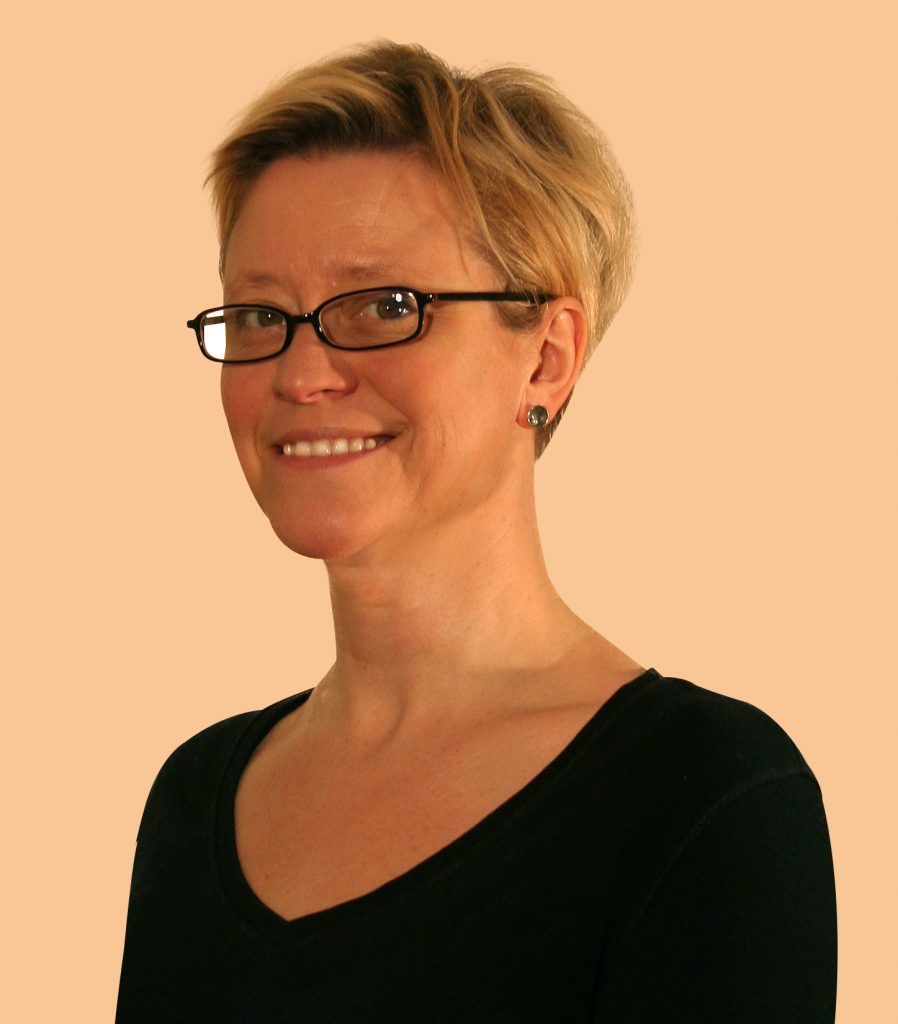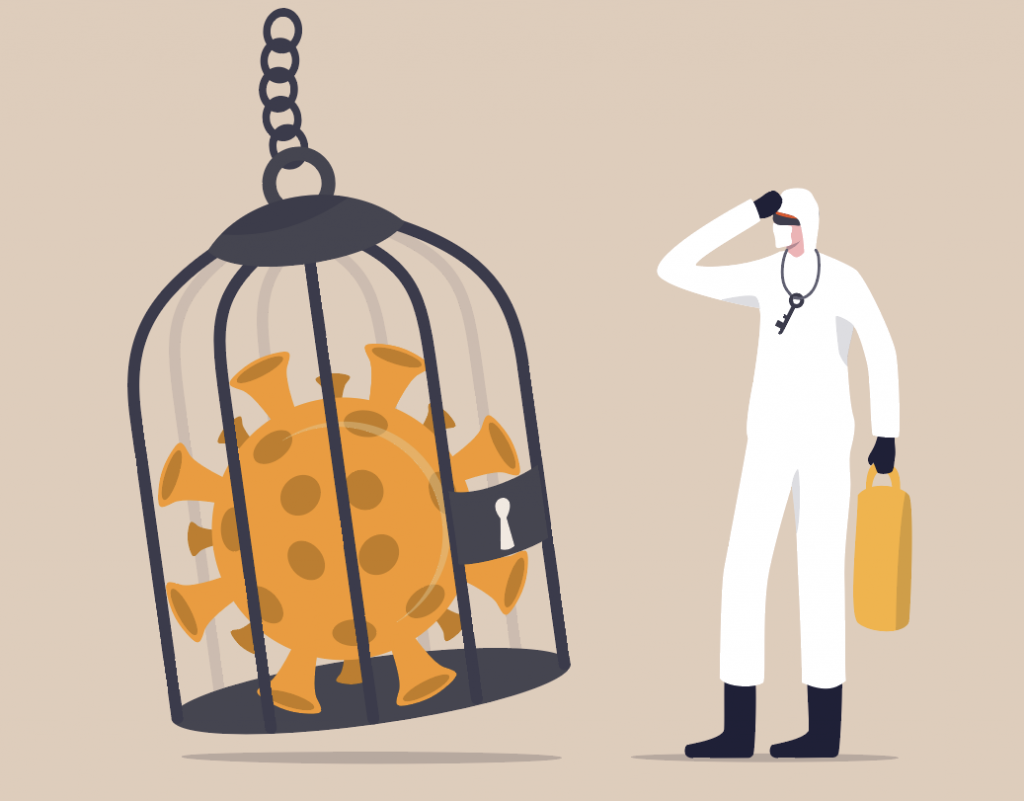
Having very excitingly received Ethics approval back in November last year but not being able to start the trial at that point because of the impending festive season, it’s disappointing to find that the said festive season and the inevitable lack of social distancing has put England back into a further lockdown that shows no signs of lifting any time soon. York has had a daily average of 146 confirmed cases in the last week, and the regional daily R-rate was an average of 1.2.
In these circumstances, it would be reckless and unethical to ask people to sign up for a study that has a 2 in 5 chance of sending them for a series of 8 face-to-face treatments. And even if it was safe to start recruiting, the British Acupuncture Council (the regulatory body for the acupuncturists in the Santé-AF study) has let me know that its members have been required to go back to treating only “urgent care and high needs” patients, and that treatments given for research purposes wouldn’t be included in that. All very understandable, but also frustrating.

So we’re back in the long grass, and who knows for how long? So I’ve decided to turn the delay to my advantage and to incorporate some Covid-related amendments into the study protocol. I’m thinking that if I can extend more protection to participants and simultaneously Covid-proof the study itself, it might protect the study’s ability to go ahead despite the uncertainty of Covid levels in the future. And even if the study starts and has to stop for Covid-related reasons, then if we can collect data about that, we can still publish something coming out of it. And to an extent we will have some material that relates to the research question regarding the feasibility of carrying out a trial during a pandemic.
So we’re setting out to make several changes to the study protocol. Some of these are quite technical, but essentially they boil down to:
- excluding anyone who is classified as vulnerable, or anyone who is living with or bubbled with anyone who is vulnerable;
- moving all nutritional therapy consultations online, so there’s no face-to-face contact involved;
- moving all study assessments online, so again there’s no face-to-face contact involved;
- including in the acupuncturists’ contract with the study, the requirement to follow the British Acupuncture Council’s very rigorous guidance on Covid-safe practice, including full PPE, thorough cleaning between patients, and the checking of all patients’ Covid status. Just to be clear, the acupuncturists would have been doing this anyway because the BAcC requires it, but we’ve now made it a belt-and-braces contractual obligation as well;
- asking participants to give us a small amount of extra data regarding their current Covid status and vaccination status, and their attitudes and feelings about taking part in a trial during a pandemic.
Once all these changes have been made, the study will need to go back to the HRA Research Ethics Committee again. Interestingly, the HRA has published some guidance about Covid-related changes to research projects on its website, and not all of the above qualify as needing approval (although all of them need to be notified to the REC). I would imagine there are hundreds of research teams across the country frantically making Covid-related changes to their projects, and the RECs are a bit overwhelmed!
So… onwards and upwards. I recently attended a training course at the University of York, called Completing your thesis (chance would be a fine thing, frankly) in which the facilitators pointed out the requirement for a PhD candidate to respond flexibly and creatively to unforeseen circumstances. I think Covid might count as those unforeseen circumstances. And here’s hoping that the above solution equally counts as a creative and flexible response.
